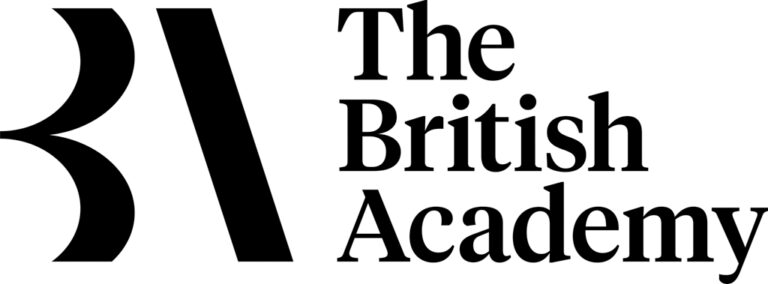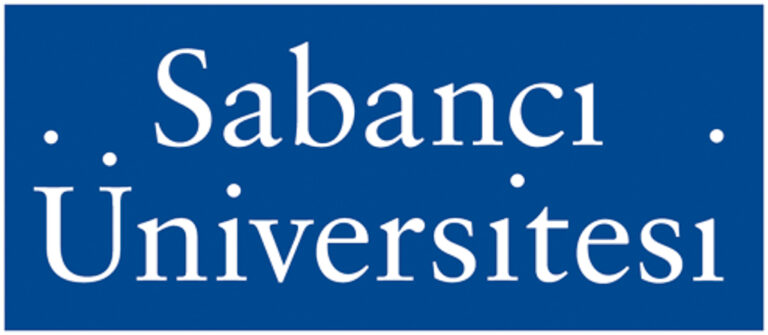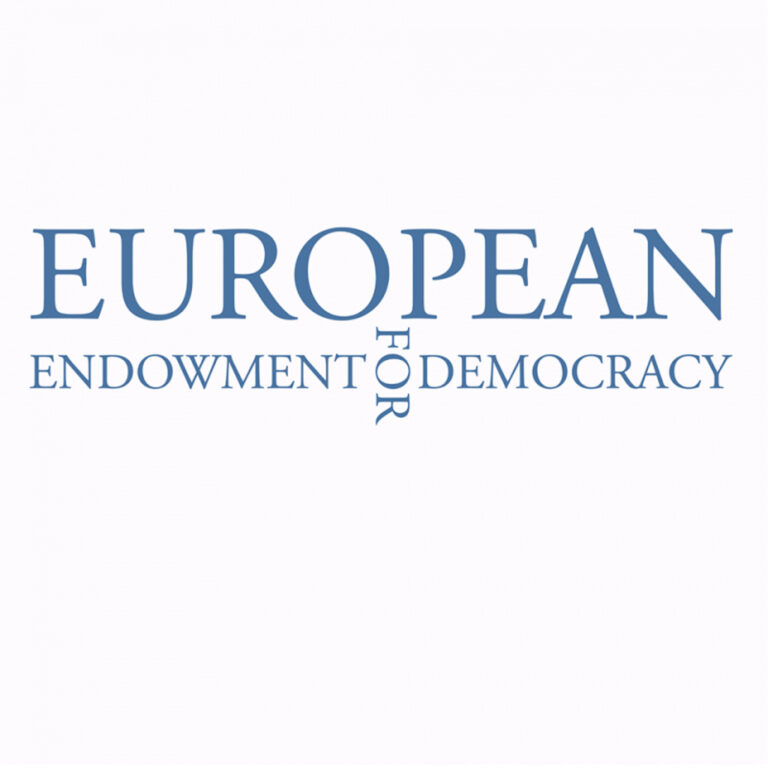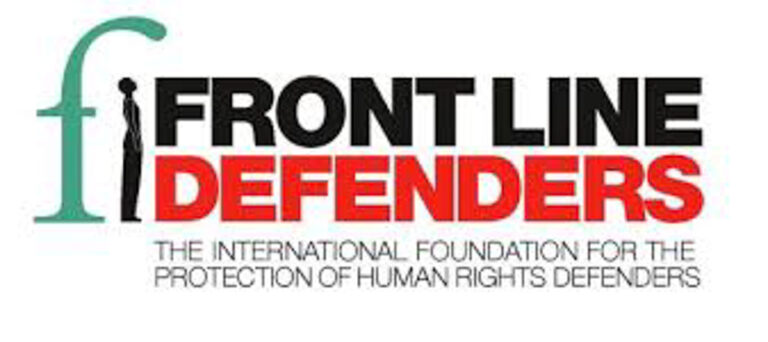Projects
Writing the Society


Writing the Society: Research Ethics and Politics in Vulnerable Times
We support critical knowledge production within and beyond universities, especially among academics facing oppression, direct or indirect silencing, harassment or threats because of the political or social implications of their work. Through the project, we organised a series of symposiums and workshops in Turkey for postgraduate researchers who experienced oppression because of the content of their work. Our aim was to bring together scholars with early career academics and advanced graduate students in Turkey for a collective exploration of the politics and ethics of research. We also supported this aim by providing networking and assistance with securing research grants. The programme was funded by the British Academy with a budget of £20,000.
Academia Project

Capacity Building Project for NGOs in Turkey
In 2019, we supported knowledge production or other ways of critical engagement in collaboration with academics in Turkey. Partnering with 8 organisations operating in Turkey, namely ADA, ARAMIZDA, BİRARADA, Eskişehir Okulu, İDA, Kampüssüzler, KODA and Kültürhane established by expelled academics, we worked in a capacity building programme that provided support to core funding, travel grants, skill building workshops, enhance sustainability as well as training programmes. The programme was funded by the European Endowment for Democracy with a budget of €130,000.
Emergency Grant

Emergency Grant Program
In partnership with Front Line Defenders, we conducted a protection grant program (1 million Euro, 2017-2018) to support human rights defenders at risk for their commitment to human rights and freedoms. The project has provided emergency support for 283 academics who were persecuted, deprived of income through dismissal, national insurance blacklisting and passport confiscations. The emergency support project aimed to mitigate these difficulties by covering emergency shelter, legal costs, health costs and urgent travel expenses.
Encyclopaedia
The Encyclopaedia
The Encyclopaedia project aims to produce an accessible reliable source on Turkey’s modern history and society by offering an up-to-date, comprehensive, and independent source of information. Involving independent academics, solidarity academies and CSOs, the project proposes to support critical knowledge production and establish a bridge between academics and broader society. Inspired by the BBC Radio 4 “A History of the World in 100 Objects” program, its main outcome will be an online, accessible encyclopaedia of Turkey with an interactive website and application. The encyclopaedia’s contents and format will be shaped through a public campaign and meetings with relevant CSOs and solidarity academies. Short articles, podcasts and videos will explore 100 objects as entry points to significant political, social, economic, and cultural transformations and processes witnessed by Turkey in the last century. We conducted this project in collaboration with Kulturhane which is a charity established by expelled academics in Mersin Turkey. The programme was supported by the Consulate General of Sweden in Turkey with a budget of TRY243,332.42 and the European Endowment for Democracy with a budget of €193,530.
Click on Project Website
Izmir Centre
Izmir Centre for Right to the City
The purpose of the project was to establish a right to city centre in Izmir, Turkey to address crucial issues faced by the residents and to empower citizens to confront issues such as access to justice, city infrastructure, food, and care. The project also aimed to provide a public legal education platform that will strengthen the collective rights of citizens. We supported active democratic participation of citizens faced with socio-economic challenges and the shrinking of democratic space in Turkey. By empowering local communities and actors in Izmir, we reached out to more than a thousand citizens who were lack of access to basic economic, social, and cultural rights in the city. Bringing together academics, lawyers, and local citizens, the Centre for Right to the City constituted a dynamic platform to rethink urban issues and develop original and sustainable community solutions. The project developed a transformative approach to citizens’ rights empowering local communities to enhance their urban integration, resilience and access to information and rights. Rooted in Karşıyaka, a socially mixed district of Izmir, the program combined fieldwork, research, training, and local experimentation to offer an alternative to the traditional top-down approach to urban governance. We conducted this project in collaboration with Izmir Dayanisma Akademisi which is a charity established by expelled academics in Izmir, Turkey. The programme budget was $210,204.39.
Click on Project Website
